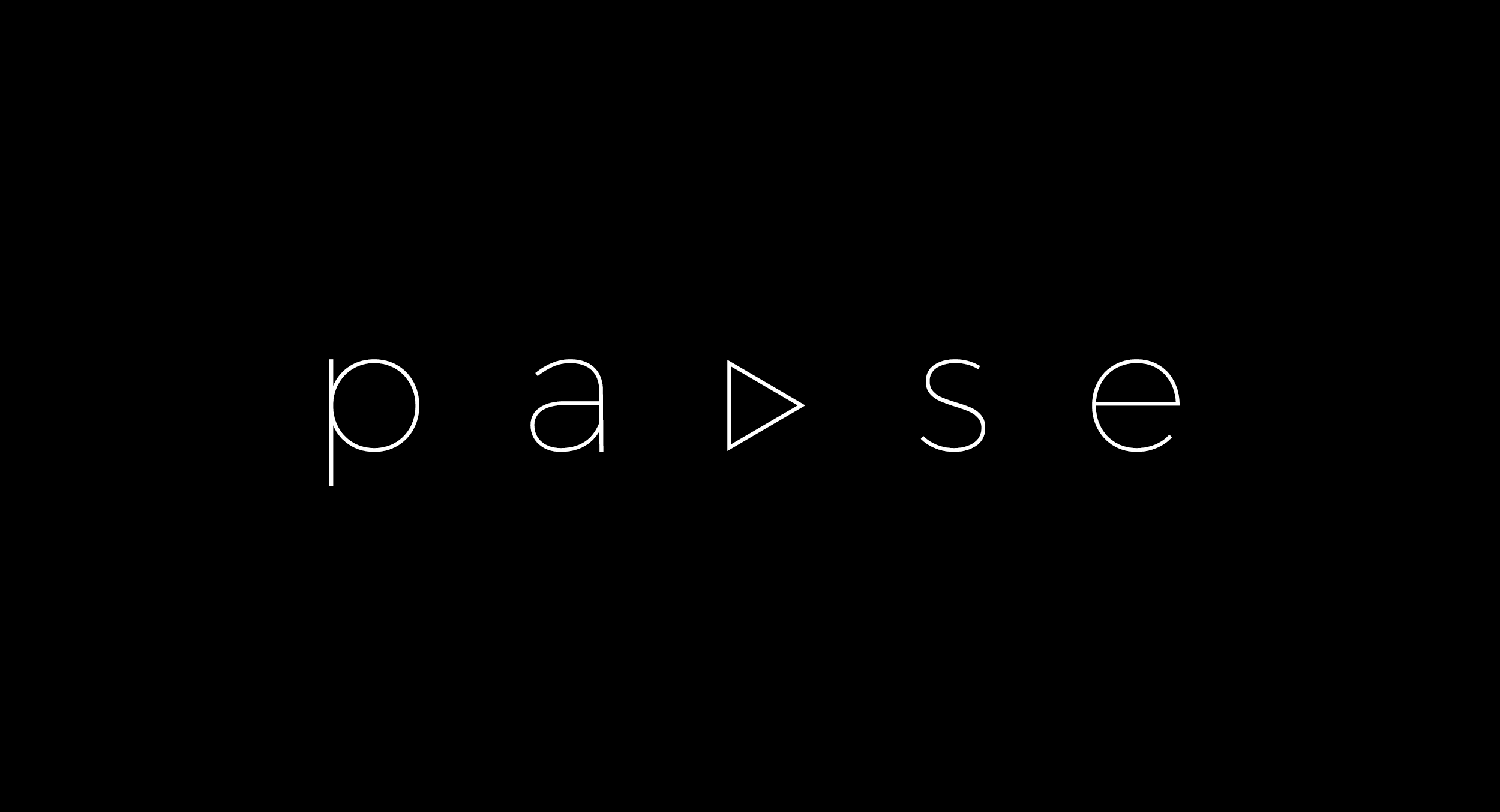Blog
- Let's expand our exploration to include the intriguing interplay between telomeres and Alzheimer's disease.
Adding Alzheimer's to the Telomere Yin-Yang Dance: Exploring a New Frontier
Let's expand our exploration to include the intriguing interplay between telomeres and Alzheimer's disease.
This opens up fascinating possibilities within the yin-yang framework:
Alzheimer's as a Yin-Yang Imbalance:
- Accelerated Telomere Shortening: Studies have shown shorter telomeres in Alzheimer's patients, suggesting a potential role in disease development. This could represent an imbalance in the yin-yang cycle, with stronger yang forces of cellular aging and oxidative stress overwhelming the yin forces of telomere maintenance and repair.
- Telomere Dysfunction in Neurons: Neurons, the primary cells affected in Alzheimer's, have limited regenerative capacity. Telomere shortening in these cells could lead to premature senescence or apoptosis (yang), contributing to neuronal loss and cognitive decline.
- Chronic Inflammation and Oxidative Stress: Both key drivers of Alzheimer's, these processes can also accelerate telomere shortening, creating a vicious cycle of yang-like damage and further perpetuating the disease.
Yang Excess and Neurodegeneration:
- Excessive Neuronal Activity: Some studies suggest that excessive neuronal activity, a yang-like state, could contribute to telomere shortening and neuronal damage in Alzheimer's. This implies a potential link between cognitive hyperactivity and neurodegeneration.
- Dysregulated Immune Response: The chronic inflammation in Alzheimer's is often driven by a dysregulated immune response, another example of excessive yang energy. This inflammatory response can directly damage telomeres and contribute to neuronal dysfunction.
Restoring Yin-Yang Balance for Alzheimer's Prevention:
- Telomerase Activation: Therapeutic strategies aimed at activating telomerase, a yin-like force, could potentially slow down telomere shortening and protect neurons in Alzheimer's. However, careful regulation is essential, as excessive telomerase activity has been linked to cancer development.
- Antioxidant Therapies: Countering oxidative stress, a major yang-like factor, through antioxidant therapies could protect telomeres and mitigate neuronal damage in Alzheimer's. This aligns with the yin-yang principle of balancing opposing forces.
- Lifestyle Interventions: Promoting stress management, healthy dietary choices, and regular exercise – all yin-like practices – could help maintain telomere length and reduce Alzheimer's risk. This reinforces the interconnectedness of mind, body, and cellular health.
Exploring Alzheimer's Within the Yin-Yang Framework:
- Alzheimer's as a Disease of Excess Yang: Could Alzheimer's be viewed as a manifestation of excessive yang energy in the brain, characterized by hyperactivity, inflammation, and oxidative stress? This perspective could guide therapeutic strategies aimed at restoring balance.
- Alzheimer's as a Failure of Yin: Conversely, could Alzheimer's represent a failure of yin forces to maintain cellular homeostasis, leading to telomere shortening, neuronal damage, and cognitive decline? This view could emphasize the importance of bolstering protective and regenerative mechanisms.
By weaving Alzheimer's into the telomere yin-yang tapestry, we open new pathways for understanding disease mechanisms and potentially developing novel therapeutic approaches. This integration highlights the interconnectedness of aging, cellular resilience, and brain health, underscoring the holistic nature of health and disease.




No Comments
Signup or login to leave a comment